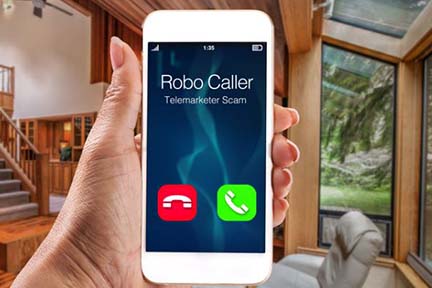Written Tuesday November 7th at 7:45 PM

The Falcons have their new boys basketball coach.
Farmington named Byron Johnson as their new coach according to the MHSAA website. He takes over for Derrick McDowell who was fired after a scandal that rocked the program.
Johnson played college basketball at Siena Heights where he was 58-16 as a player. He is eight all time in scoring, fifth in steals, and 11th in assists at the school.
Johnson brings a ton of playing experience. It will be very interesting to see how it translates into coaching.
He will have proven players in Greg Grays, Darrell Coltrane, and Quintez Sadler coming back.
Program strength and trust are going to be a huge challenge for Johnson. Farmington also has a tough district and a tough division looming this season.
Stay tuned to OAA Now for the latest on this developing story.
Here is the conformation of the hire.
https://www.mhsaa.com/schools/farmington/boys/varsity/basketball




 While you’re enjoying time outdoors this fall and winter, keep an eye open for black bear dens. Reporting den locations to the Michigan Department of Natural Resources is a simple, yet effective way to support bear management programs.
While you’re enjoying time outdoors this fall and winter, keep an eye open for black bear dens. Reporting den locations to the Michigan Department of Natural Resources is a simple, yet effective way to support bear management programs.


